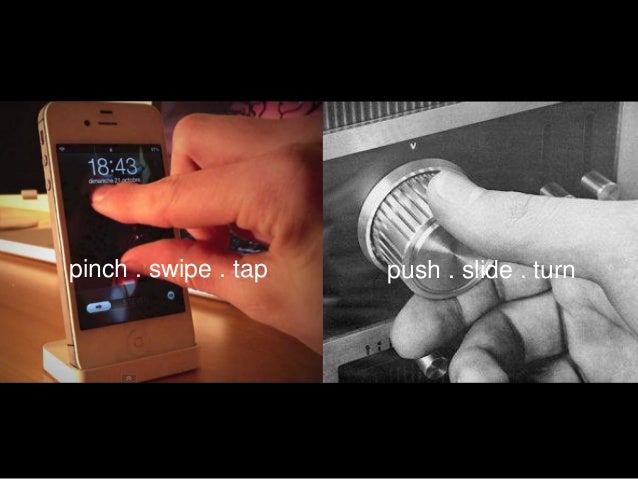

The median duration of response was 10.6 months for patients treated with pembrolizumab and 9.5 months for those in the placebo arm.

The overall response rate was 74% in the pembrolizumab arm and 52% in the placebo arm. The main efficacy measure for this analysis was overall response rate assessed by blinded independent review committee.
KEYNOTE 811 PLUS
Patients were randomized 1:1 to receive pembrolizumab or placebo every 3 weeks, in combination with trastuzumab and either fluorouracil plus cisplatin or capecitabine plus oxaliplatin.
KEYNOTE 811 TRIAL
On May 5, 2021, FDA granted accelerated approval to pembrolizumab (brand name Keytruda) in combination with trastuzumab, fluoropyrimidine- and platinum-containing chemotherapy for the first-line treatment of patients with locally advanced unresectable or metastatic HER2 positive gastric or gastroesophageal junction adenocarcinoma.Īpproval was based on the prespecified interim analysis of the first 264 patients of the ongoing KEYNOTE-811 trial, a multicenter, randomized, double blind, placebo controlled trial in patients with HER2 positive advanced gastric or gastroesophageal junction adenocarcinoma who had not previously received systemic therapy for metastatic disease.
KEYNOTE 811 UPDATE
Today we have another quick update on a recent FDA cancer drug approval. In addition to KEYNOTE-062, additional first-line, Phase 3 studies in Merck’s gastric clinical program include KEYNOTE-811 and KEYNOTE-859, as well as KEYNOTE-585 in the neoadjuvant and adjuvant treatment setting.Welcome back to the D.I.S.C.O., FDA’s Drug Information Soundcast in Clinical Oncology, Burst Edition, brought to you by FDA’s Division of Drug Information in partnership with FDA’s Oncology Center of Excellence. KEYNOTE-062 is a potential confirmatory trial for this accelerated, third-line approval. Food and Drug Administration (FDA) approved KEYTRUDA as a third-line treatment for previously treated patients with recurrent locally advanced or metastatic gastric or gastroesophageal junction cancer whose tumors express PD-L1 (CPS ≥1) as determined by an FDA-approved test, with disease progression on or after two or more prior lines of therapy including fluoropyrimidine- and platinum-containing chemotherapy and if appropriate, HER2/neu-targeted therapy. We sincerely thank the patients and investigators for their involvement in KEYNOTE-062 and look forward to sharing detailed study results with the medical community.” “KEYTRUDA monotherapy did show noninferior overall survival in the total patient population, though the study did not meet all of its primary endpoints. Roy Baynes, senior vice president and head of global clinical development, chief medical officer, Merck Research Laboratories. “Gastric cancer is historically difficult to treat, and unfortunately continues to be associated with high mortality rates in many countries, particularly in the metastatic stage,” said Dr.

Results will be presented during an oral session at the 55th Annual Meeting of the American Society of Clinical Oncology (ASCO) in Chicago on Jand will be discussed with regulatory authorities. The safety profile of KEYTRUDA was consistent with that previously observed in gastric cancer. In the combination arm of KEYNOTE-062, KEYTRUDA plus chemotherapy was not found to be superior for OS (CPS ≥1 or CPS ≥10) or progression-free survival (PFS) (CPS ≥1) compared with chemotherapy alone.

In the monotherapy arm of the study, KEYTRUDA met a primary endpoint by demonstrating noninferiority to chemotherapy, the current standard of care, for overall survival (OS) in the entire intention-to-treat (ITT) population of patients whose tumors expressed PD-L1 (Combined Positive Score ≥1).


 0 kommentar(er)
0 kommentar(er)
